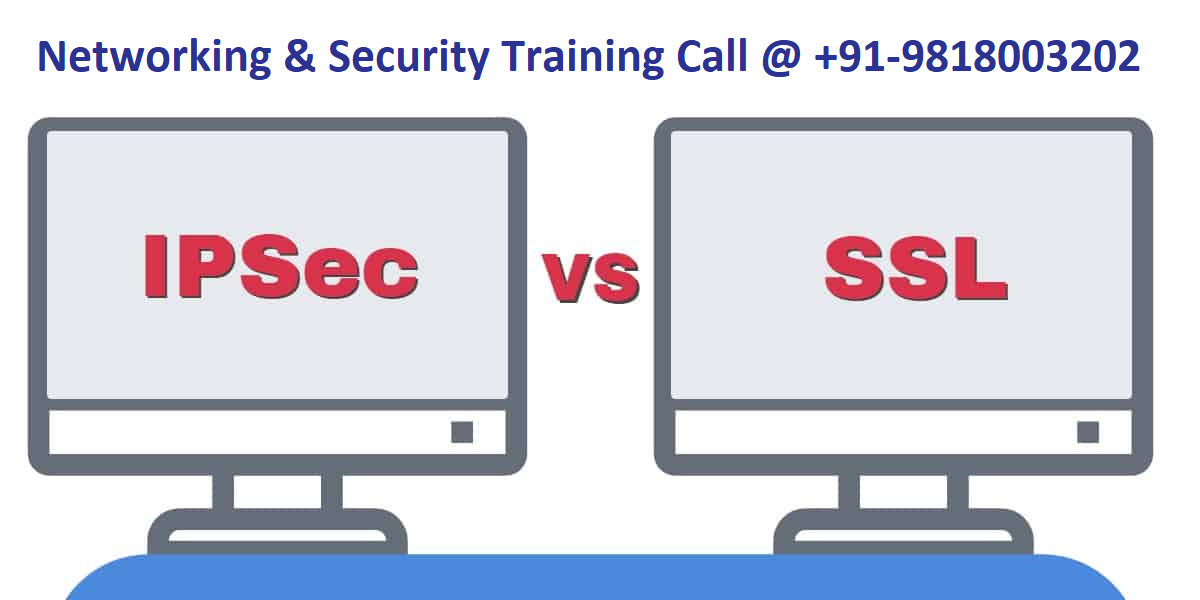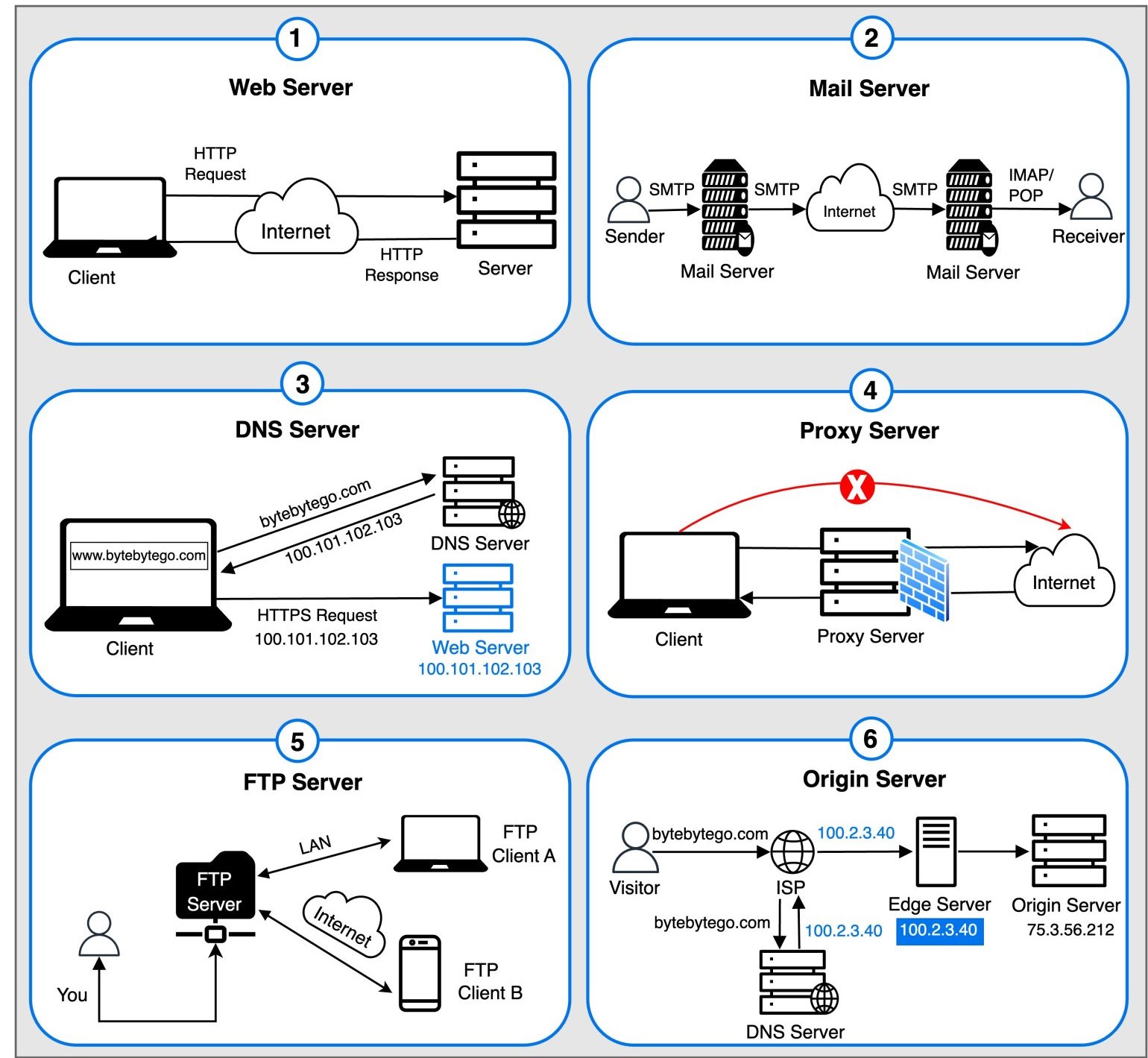Difference Between IPsec VPN and SSL VPN
When it comes to understanding the difference between IPsec VPN and SSL VPN, it’s important to consider the underlying protocols used and the level of security provided. IPsec VPN and SSL VPN are two distinct technologies used for establishing secure connections over the internet.
IPsec VPN, which stands for Internet Protocol Security Virtual Private Network, operates at the network layer of the OSI model. It encrypts the entire IP packet and encapsulates it within another IP packet, ensuring end-to-end security. IPsec VPNs are typically used for site-to-site connectivity, connecting two or more networks securely. They require specific client software or hardware devices to establish the VPN connection, and the configuration can be complex. IPsec VPNs are known for their strong security features and are commonly used in corporate environments.
On the other hand, SSL VPN, or Secure Sockets Layer Virtual Private Network, operates at the application layer of the OSI model. It utilizes the SSL/TLS protocol to create a secure connection between a user’s device and a specific application or resource. SSL VPNs are more user-friendly and often accessed through a web browser, without requiring any additional client software. They provide remote access to specific applications or resources rather than connecting entire networks. SSL VPNs are commonly used for remote access scenarios, such as allowing employees to securely access corporate resources from outside the office.
In summary, the main differences between IPsec VPN and SSL VPN can be summarized as follows:
- Protocol: IPsec VPN operates at the network layer, while SSL VPN operates at the application layer.
- Scope: IPsec VPN is typically used for site-to-site connectivity, while SSL VPN is used for remote access to specific applications or resources.
- Access Method: IPsec VPN requires specific client software or hardware devices, whereas SSL VPN is typically accessed through a web browser.
- Complexity: IPsec VPN configurations can be complex, whereas SSL VPNs are generally easier to set up and use.
- Encryption Level: IPsec VPN encrypts the entire IP packet, while SSL VPN encrypts data at the application layer.
Understanding these differences can help you choose the appropriate VPN technology based on your specific needs and requirements.
IPsec VPN and SSL VPN are two different types of virtual private network (VPN) protocols that provide secure remote access to network resources. Here are the main differences between them, explained in steps:
1. VPN Protocol:
– IPsec VPN: IPsec (Internet Protocol Security) is a suite of protocols used to secure IP communications. It operates at the network layer (Layer 3) of the OSI model and requires a dedicated client software or hardware support.
– SSL VPN: SSL (Secure Sockets Layer) is a protocol that provides secure communication over the internet. SSL VPN operates at the application layer (Layer 7) of the OSI model and uses a web browser as the client. Hence, to learn more join the best CCNA CCNP Training In Noida.
2. Authentication:
– IPsec VPN: IPsec VPN typically uses pre-shared keys or digital certificates for authentication. Pre-shared keys are manually shared between the client and the VPN gateway, while digital certificates are issued by a trusted certificate authority (CA).
– SSL VPN: SSL VPN typically uses username and password authentication or multifactor authentication methods. Users log in to a web portal provided by the SSL VPN gateway using their credentials. Hence, learn CCNA Training Institute In Noida.
3. Connectivity:
– IPsec VPN: IPsec VPN requires dedicated client software or hardware support to establish a secure connection between the client device and the VPN gateway. The VPN client initiates the connection and creates an encrypted tunnel for communication.
– SSL VPN: SSL VPN uses a web browser as the client, which establishes a secure connection to the SSL VPN gateway using HTTPS. This allows users to access network resources through a web-based portal without requiring additional client software. Therefore, join the best CCNA Course In Noida.
4. Portability:
– IPsec VPN: IPsec VPN can be more challenging to configure and use on devices that do not have built-in IPsec support, such as smartphones or tablets. It may require the installation of third-party VPN client software.
– SSL VPN: SSL VPN provides greater portability because it relies on standard web protocols. It can be accessed from any device with a web browser, including smartphones, tablets, and laptops, without the need for additional client software.
5. Network Access:
– IPsec VPN: IPsec VPN provides full network access to remote users. Once connected, users become part of the remote network and can access resources as if they were physically present on the network.
– SSL VPN: SSL VPN typically provides access to specific applications or services on the remote network. Users can access web applications, file shares, email, and other resources available through the SSL VPN portal. Hence, to learn more in networking and security join Pushti Networking Academy.


